|
Diwali is India’s biggest and most important festival of the year, but the Dalit children we support often don’t get to take part in these national celebrations as a result of ingrained discrimination. Read how our partners go the extra mile to ensure the children at our Learning Centres can celebrate safely, with special activities and events that they can enjoy together. Children on the Edge works to create conditions in which every marginalised child can flourish and thrive no matter where they live and irrespective of the challenging circumstances they face. We identify children in some of the world’s toughest situations and work alongside local communities to co-create protective environments, so marginalised children can safely live, learn, play and grow. This year, we reached more children than ever before, and saw three of our models of education and child protection replicated to new places, bringing sustainable change on a wider scale.
Trapped in a Refugee Camp but Flying into Space - The Sky is No Longer the Limit for 'Moja Kids'4/5/2023 Our digital education programme in Bangladesh is proving so successful that we are starting to replicate the model in India, where we support 35 learning centres, offering education to around 1000 Dalit children. Read on to find out more about this exciting development.
Children on the Edge works in coalition with local communities in some of the toughest places in the world, transforming the lives of marginalised children by creating protective environments where they can safely live, play, learn and grow.
2022 has been an incredible year of transformation for the children we work with, thanks to continued support of our Children on the Edge community. We'd love to invite you to grab a cup of tea and read through our monthly highlights from 2022 and see just how much your generosity is making a difference....... Children on the Edge works in coalition with local communities in some of the toughest places in the world, transforming the lives of marginalised children by creating protective environments where they can safely live, play, learn and grow.
2022 was an incredible year of transformation for the children we work with, thanks to continued support of our Children on the Edge community. We invite you to grab a cup of tea and spend some time reading through our highlights page to find out all about the impact you had in 2022, and just how much your generosity is making a difference. |
RECEIVE OUR EMAILSBlog Categories
All
Archives
March 2024
|
|
JOIN US ON SOCIAL MEDIA
|
Annual Report | Contact Us | Jobs | Media Centre | Resources | Shop
Accessibility & Policies: Accessibility | Equity, Diversity & Inclusion Policy | Complaints| Privacy Policy | Safeguarding
Accessibility & Policies: Accessibility | Equity, Diversity & Inclusion Policy | Complaints| Privacy Policy | Safeguarding
Children on the Edge, 5 The Victoria, 25 St Pancras, Chichester, West Sussex, PO19 7LT, UK | 01243 538530 | communications@childrenontheedge.org


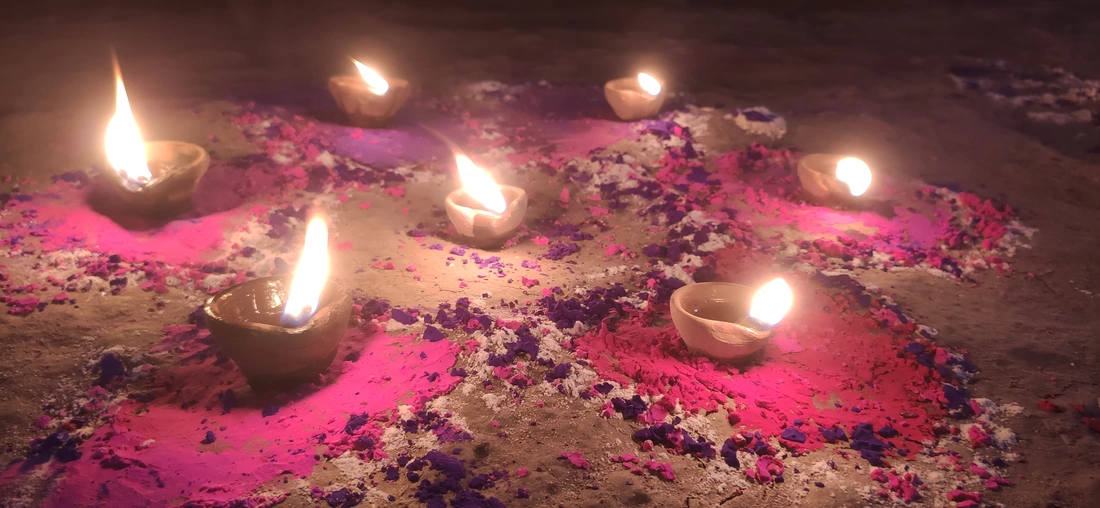
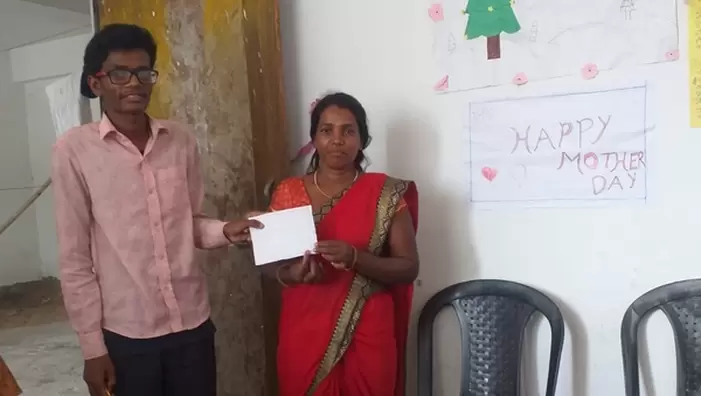
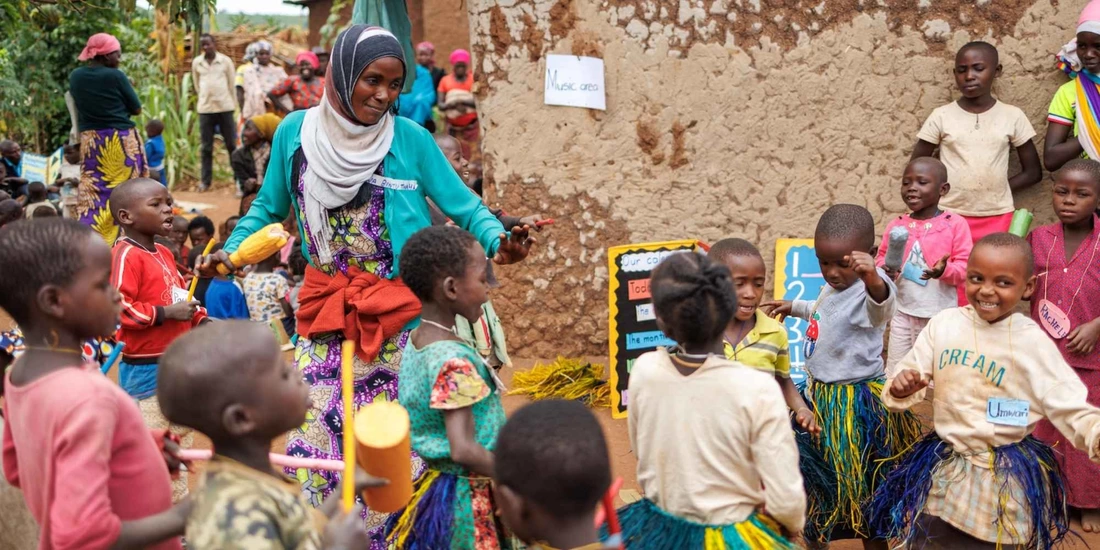
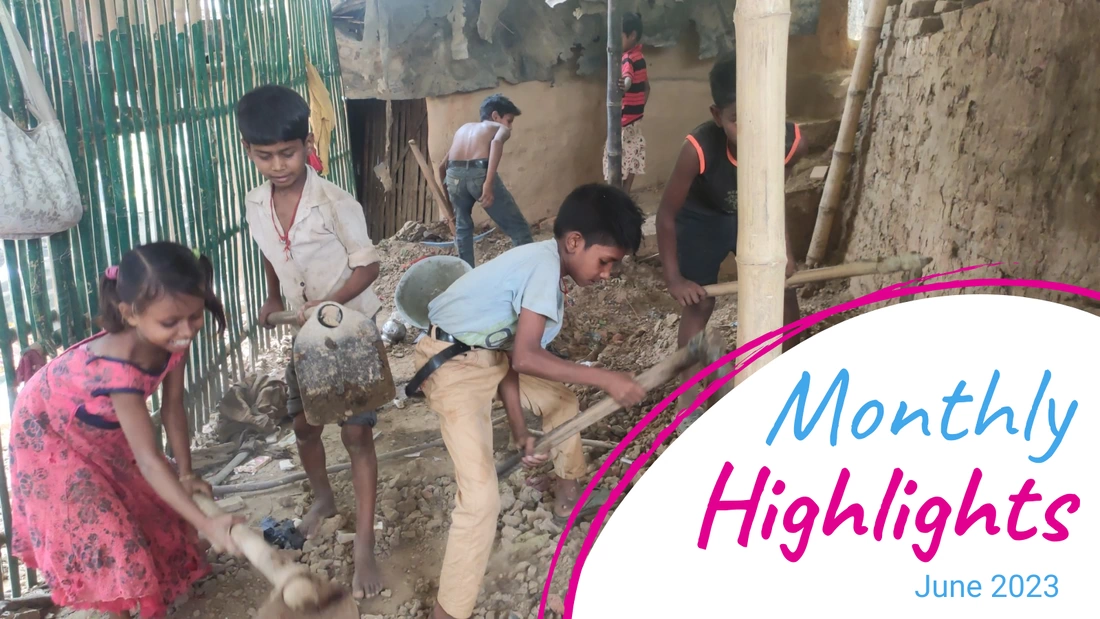
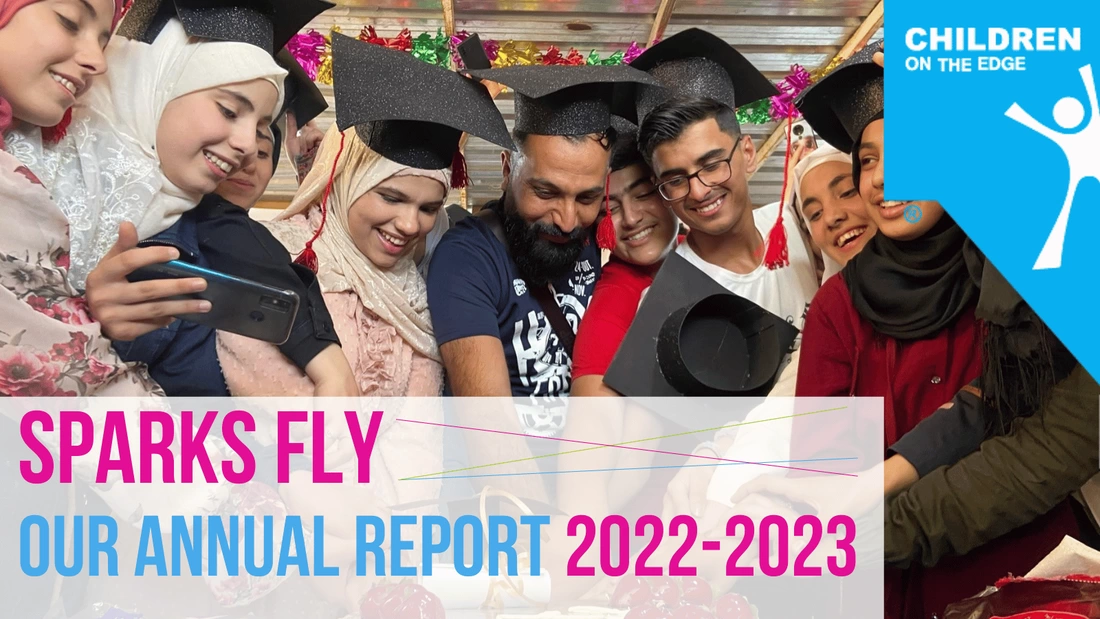
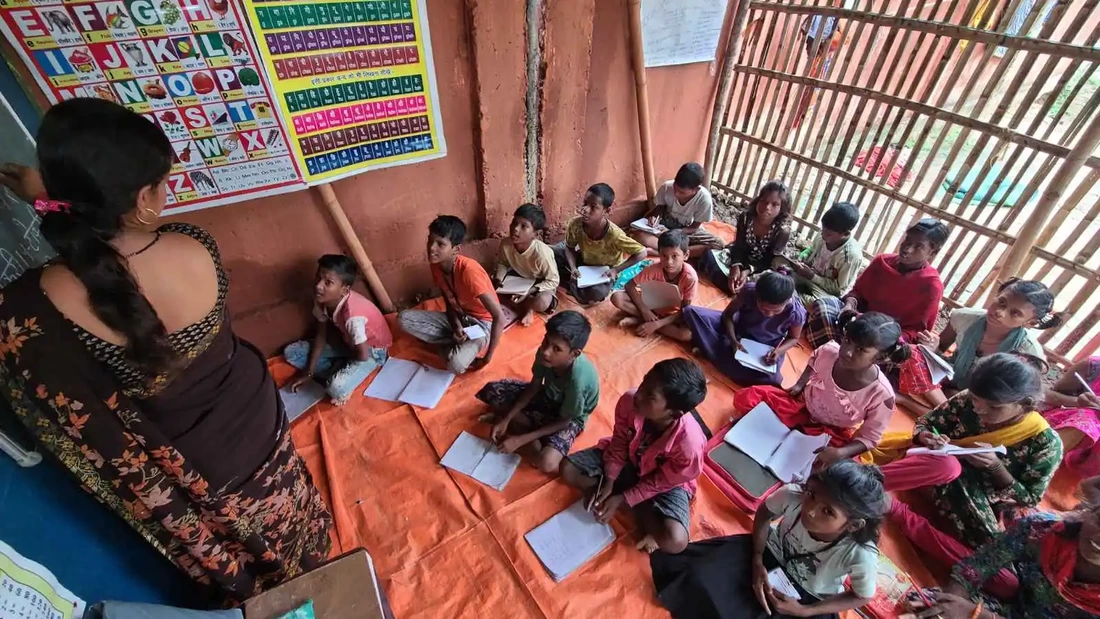
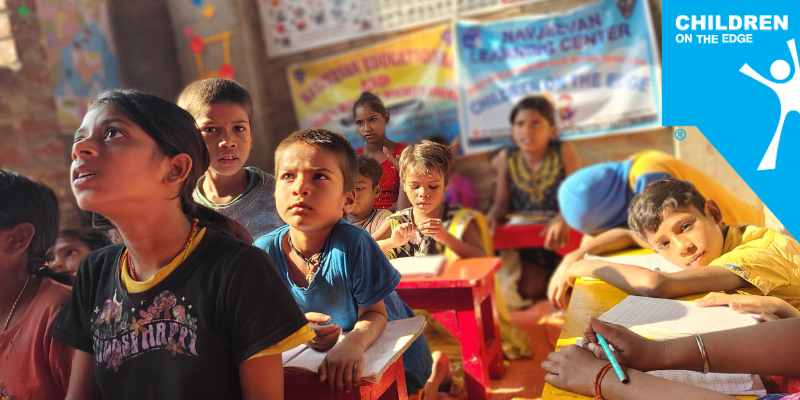
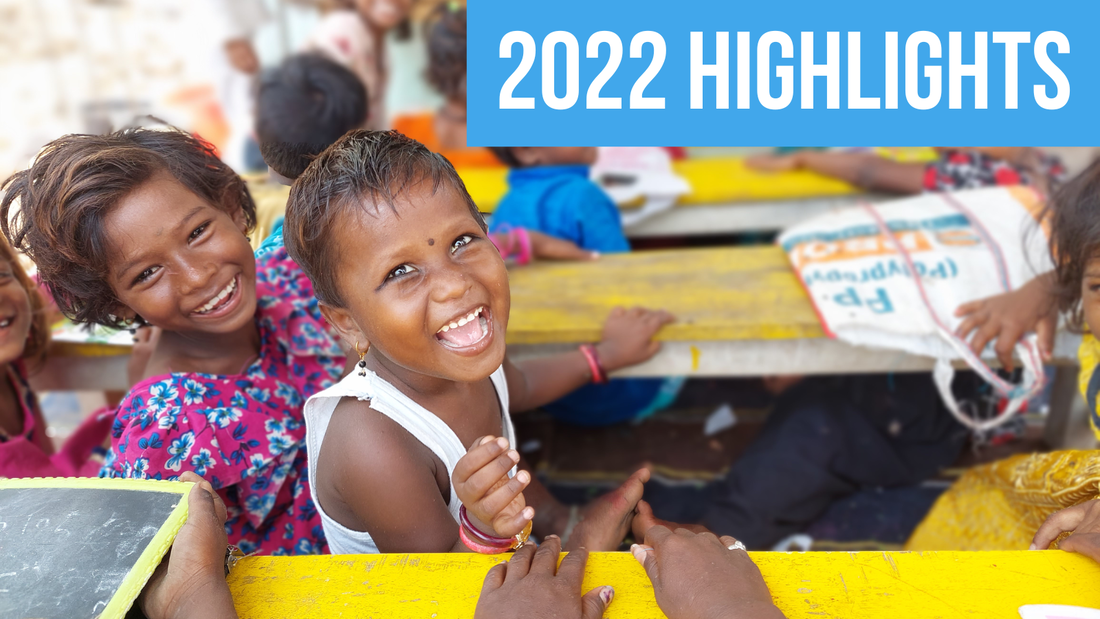
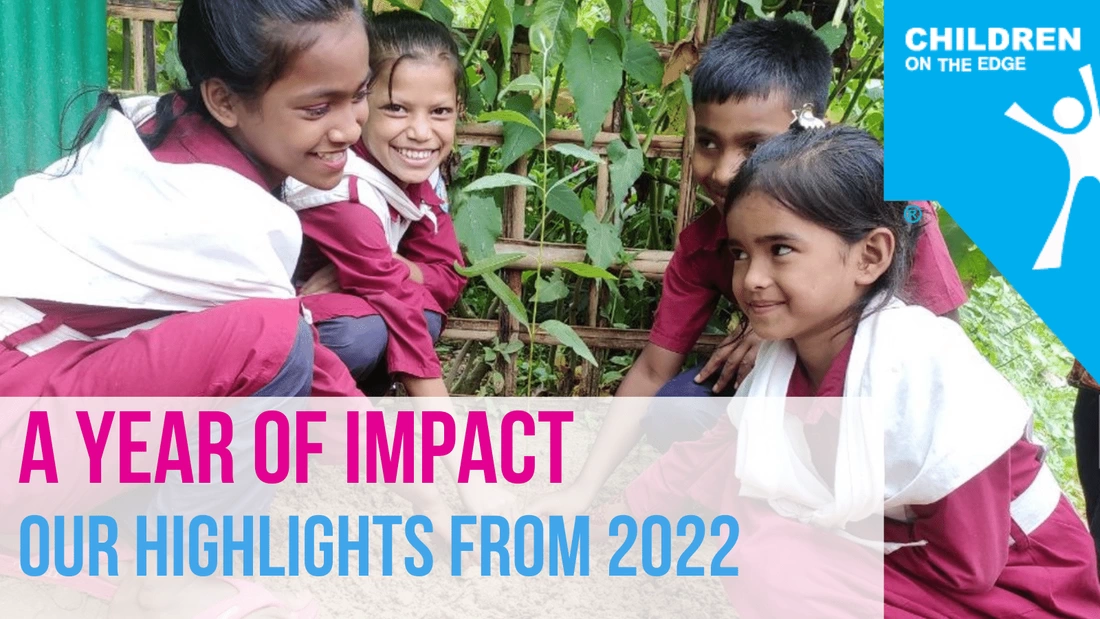
 RSS Feed
RSS Feed
